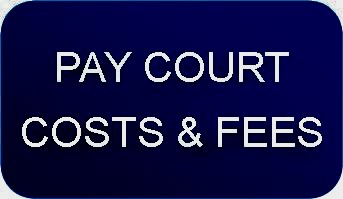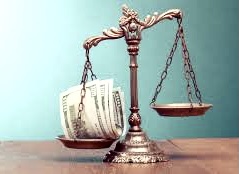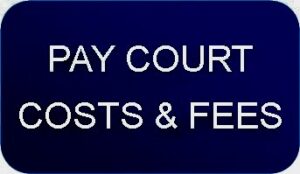
In Walsh v Muirhead 2020 BCCA 225 the Court of Appeal reversed an award of costs made against a lawyer in the lower court, and recited many of the principles relating to costs towards against lawyers, both as counsel, and as a lawyer who is not a party to an action.
It is trite law that superior courts have the power to order that a lawyer personally pay the costs that flow from an unsuccessful application brought on behalf of their clients, if the lawyer’s conduct warrants such an award.
Rule 14-1(33) of the Supreme Court rules specifically authorizes an order that if the court considers that a party’s lawyer has caused costs to be incurred without reasonable cause, or has caused costs to be wasted through delay, neglect, or some fault, the court may do any one of the following, including order that the lawyer be personally liable for all or part of any costs that his or her client is being ordered to pay do another party.
Rules 57(30) and 57(37) have expanded the scope of conduct which might support cost orders against lawyers. The court now has a discretion to order a lawyer to pay costs, where he or she has caused costs to be incurred without reasonable cause, or has caused costs to be wasted through delay, neglect, or some other fault.
Accordingly, under rule 57(37) mere delay or mere neglect may in some circumstances be sufficient for an order of costs to be made against a lawyer .
An order for costs against a lawyer who is not a party to an action is also available under a superior courts inherent jurisdiction to supervise the conduct of the lawyers who appeared before it.
The courts have the power to maintain respect for their authority. This includes the power to manage and control the proceedings conducted before them. R. v Anderson 2014 SCC 41
A court therefore has inherent power to control abuse in this regard and prevent the use of procedure in a way that would be manifestly unfair to a party to the litigation before it, or would in some way bring the administration of justice into disrepute.
This is a discretion that must of course be exercised in a deferential manner, but it allows a court to ensure the integrity of the justice system.
There is an established line of cases in which courts have recognized that the awarding of costs against lawyers personally flows from the right and duty of the courts to supervise the conduct of lawyers who appeared before them, and to note in sometimes penalize any conduct of such a nature as to frustrate or interfere with the administration of justice.
As officers of the court lawyers have a duty to boot respect, the court’s authority. If they fail to act in a manner consistent with their status the court may be required to deal with them by punishing their misconduct.
In Nazmdeh v Spraggs 2010 BCCA 131, a five-member division of the appeal court, makes clear that ordering counsel to personally pay special costs as provided under Rule 14-1(33) , as opposed to party and party costs, requires a finding of “reprehensible conduct”. Consistent with the rationale underlying the need for restraint in awarding costs against counsel, generally the strangest test for special cost respect the duties of lawyers to protect the confidentially of their clients and to advocate with courage.
It also takes into account the uniquely punitive nature of the award and states that an award of costs against a lawyer personally can be justified only on an exceptional basis, where the lawyers ask of seriously undermine the authority of the courts are seriously interfered with the administration of justice.
It is a high threshold to meet where a court has before been unfounded, frivolous, dilatory or vexatious proceeding that denotes a serious abuse of the judicial system by a lawyer, or dishonest or malicious misconduct in his or her part, that is deliberate.
If a party is to seek special costs against a lawyer, then prior notice of the allegations against him or her and the possible consequences should be provided to the lawyer enough in advance to enable the lawyer to prepare adequately.




